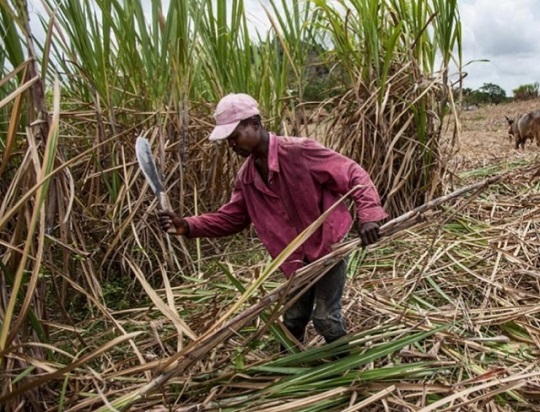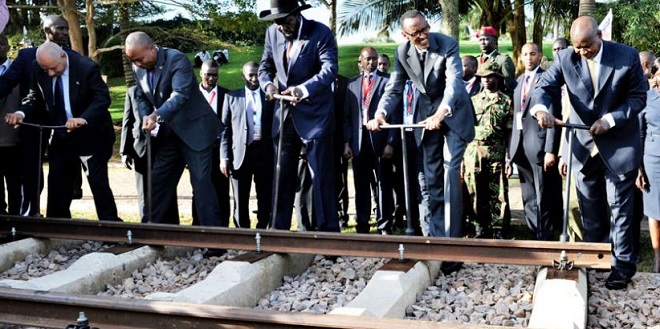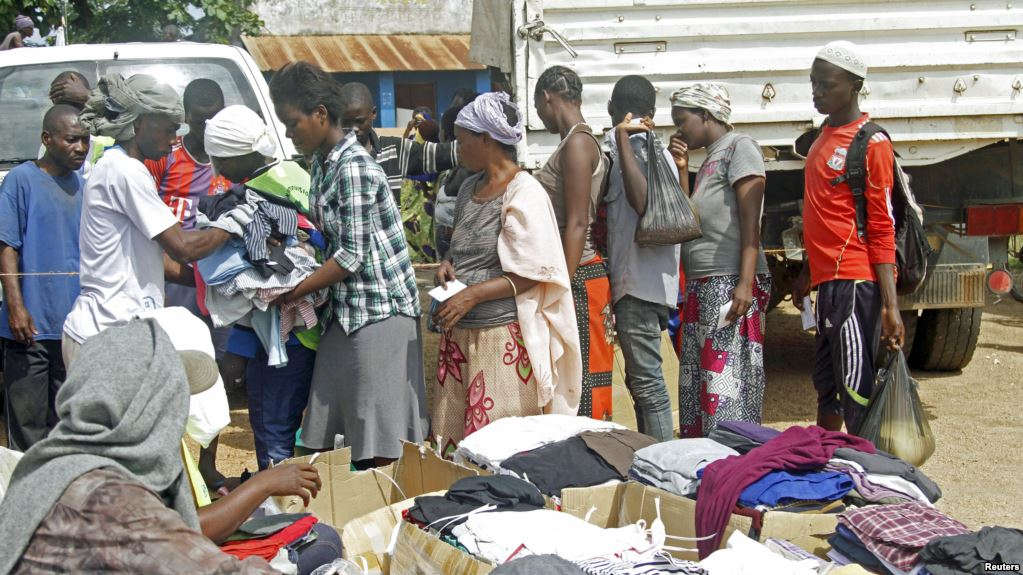Cartels formed by major sugar millers are exploiting desperate farmers by defrauding them of billions of shillings under the watch of the government.
According to a new report by the Economic Policy Research Centre (EPRC), while some have described sugarcane as a poverty crop, the millers seem to be making huge profits at the expense of farmers.
Without any form of regulation, the toiling farmers in sugarcane-growing districts in Busoga, Buganda and Bunyoro are at the mercy of the millers who determine the price of sugarcane.
The study led by Dr. Swaibu, a Senior Research Fellow at EPRC, aimed at determining among other issues the challenges faced by out-growers and other actors in the Sugarcane value chain.
It found that over 11,000 farmers had abandoned sugarcane cultivation due to a free fall in sugarcane prices. Of the surveyed districts, 66.3% of the farmers said they abandoned cane and growing due to lack of market, 60% due to low prices, 2.8 replaced cane with food crops, and 19.5% for other reasons.
Many of the farmers had ironically joined sugarcane growing because of the high prices. The fee fall in sugarcane prices has been blamed on the failure of the government to operationalize the pricing formulae as per the 2020 Sugar Act leaving the mills to determine the price to be paid out under their cartels.
The survey found that the mean price for a metric ton of sugarcane was 97,000 shillings in Buganda, 95,000 in Busoga, 91,000 in Bunyoro while the mean prices by December 2021 were 95,000 in Buganda, 92,7882 in Busoga and 97,907 in Bunyoro.
So according to Dr. Swaibu Mbowa, the millers have disproportionate power over sugarcane price determination.
Apart from the pricing concern, Mbowa said there is a fear that the sugarcane industry is being taken away from the out growers.
“And this is when millers who are big investors have access to land,” explained Mbowa. “Yet the argument from millers is that they want to stabilize the supply of cane. But on the other side, this is reducing the capacity of out-growers. And it allows the millers to develop that self-sufficiency.”
That, according to Mbowa, wouldn’t have been a problem if the big miller were not being given public land to operate. The government has given public land to Atiak Sugar and others to purportedly increase sugarcane production. The out growers currently constitute about 37% of the national cane production.
According to Dr Lawrence Bategeka, there is a lot of impunity in the sugar sector because of the failure of the government to implement the Sugar Act 2020 and the national Sugar Policy.
“There could be problems in the law that may require review,” said Bategeke, former MP for Hoima Municipality. “But I think the issue is a lot of impunity wand which is working against the interest of the poor. The poor can hardly fight for themselves.”
Bategeka, formerly a Principal Research Fellow at EPRC told URN that nuclear farming, if not managed, can turn the majority of the farmers into slaves.
URN has information that the Ministry of Trade and Industry had discovered an error in the law regarding the calculation of formulae that is being used by the millers to further squeeze the farmers. The president reportedly assented to an Act that excludes a clause on zoning in the sugarcane sector.
The pricing formulae stops at sugar output but the farmers say there are other by-products from cane which the millers don’t factor in the price offered for the cane.
Big millers like Kinyara, and Kakira are for instance using sugarcane bagasse to generate electricity, some have been making ethanol as a biofuel.
Delaying harvesting
Sugarcane farmers have also complained that the millers under the out-grower system take too long to harvest the cane. So a significant amount of their land gets locked up in cane that is not being harvested on time, that according to the survey has negative implications for wealth creation as per the National Development Plan II on enterprise development.
“Sugarcane involves heavy investment, and when someone commits land and the resources at the end of the day if they had planned to sell cane and they cannot sell it, that is one source of impoverishing people,” said Mbowa
Farmers speak out on cartels, losses Robert Atugonza, the Chairperson of Masindi Sugarcane Growers Association Limited (MASIGAL) told URN that the millers have indirectly been taxing farmers whenever they supply cane.
“They deduct 5% allegedly for the strenuous matter in the cane but they use it to produce power which they sell to the national grid,” said Atugonza.
According to Atugonza, Kinyara sugar withheld over 64 billion shillings in the last financial year in withholding tax. The President had reportedly said that tax should not apply.
Former Bujenje County MP, Winfred Kabakumab Masiko cited Kinyara Sugar under the Rai family as a big cartel in Bunyoro. The Rai family members own Kinyara Sugar, Hoima Sugar and Kiryandongo Sugar.
“There is a cartel in the sugar industry,” said Kabakumba Matsiko. “When the zoning policy came in, those that had money rushed in and got licenses in the various areas. And for us it was Kinyara. They got a license for Hoima they got a license and another one in Kafu. So when they say zoning, it is only them.”
Mugenyi Simeo from Kayunga says while the millers have entered contracts with the out-growers, they delay harvesting the cane when it matures. Sugarcane should be harvested at about 18 months but Mugyenyi told URN that some cane is not harvested after over 40 months, when it has lost most of its weight and sugar content.
Like it used to happen in Kenya, Mugenyi told URN that some middlemen collude with factory workers to delay harvesting. They later use poachers to buy cane cheaply from desperate farmers.
The EPRC survey suggests the need to implement the Sugar Act to provide for public governance between the out-growers and millers and to oversee a fair and transparent process of determining cane prices.
-URN





